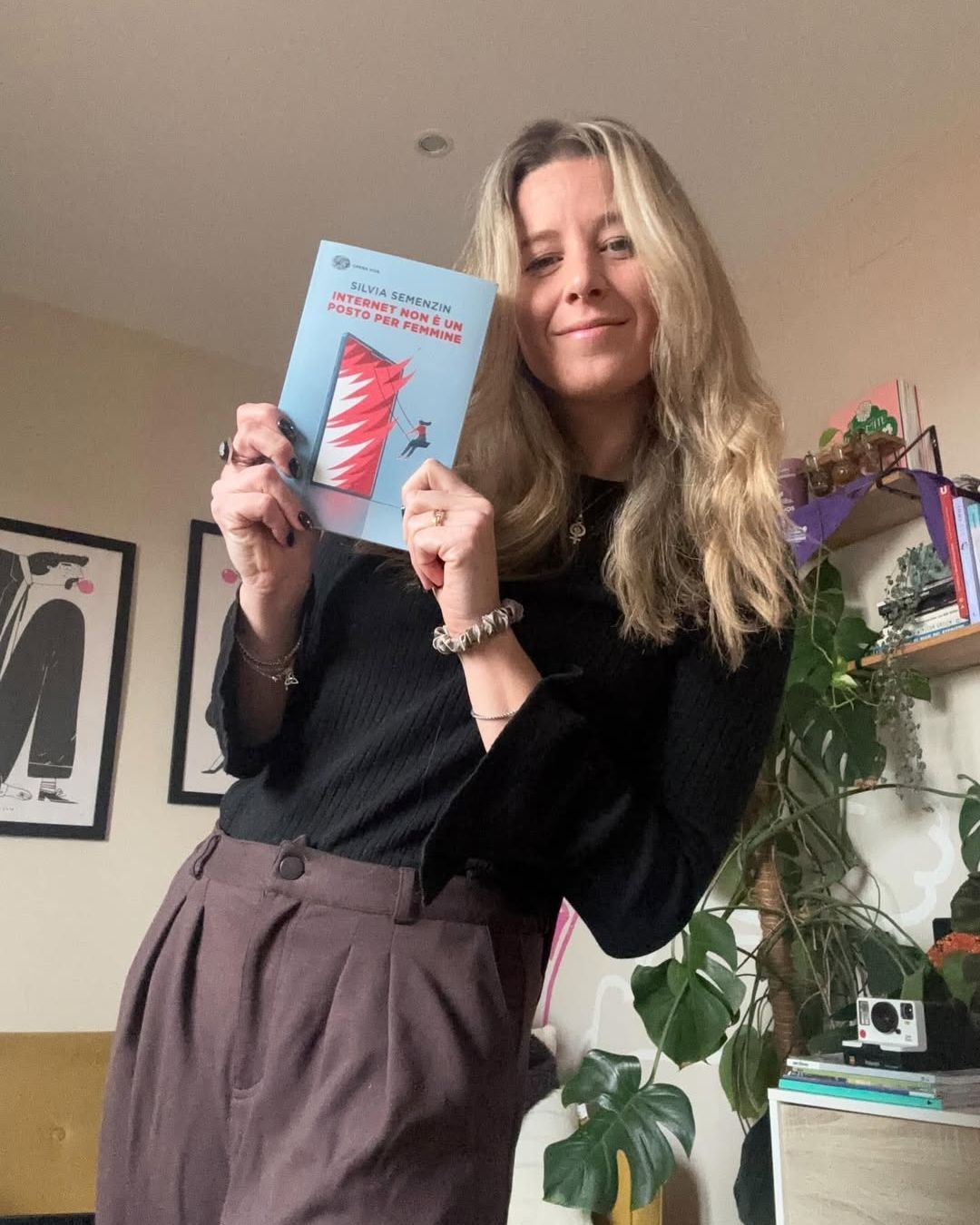
Beauty brands' commitment to sustainability Keyword: Zero Waste
Most of the beauty items we use on a daily basis are disposable, often enclosed in plastic containers. Each tube of cream, cap of toothpaste, bottle of shampoo, sachet of face mask or tube of mascara (not counting additional wrappers for purchase or shipping) contributes heavily to the environmental impact not only in terms of waste disposal, but also in terms of the fossil fuels and derivatives needed to produce them. If, as revealed by a Unilever study, 70% of the cosmetics industry's waste comes from packaging, it is more urgent than ever to find sustainable alternatives. The question that consumers, especially Millennials and Gen Z who have become increasingly concerned about the fate of the planet in recent years, want to answer is: how can I combine a love of skincare and make-up with a green lifestyle?
This is why Zero Waste has become the watchword in the corporate mission of beauty brands. And, if not possible, they must use packaging made of 100% recycled plastic, recyclable or alternative materials such as cardboard and bamboo. Among the first to do so was L'Oréal, which launched its first cardboard tube (a material similar to organic paper) some time ago, and last year also Brandstorm, a project in which university students from all over the world were asked to find creative ways to eliminate plastic from the beauty industry. In addition, the giant, along with other major players in the industry such as Unilever, Coty, Beiersdorf and Estée Lauder, announced that they are working to make their product containers refillable, recyclable, refillable and compostable by 2025.
Major fashion houses are also working to adopt a green approach. Dior, for example, has improved the sustainability index of the packaging of some of its products by 20%, cutting down on the use of cellophane, excess cardboard and the paper instruction leaflet included in the package, while Chanel Parfums Beauté has acquired a share in Sulapac, a Finnish startup that makes biodegradable materials using certified wood and natural binders instead of microplastics. A similar operation to that undertaken by L'Occitane, which already uses recycled and recyclable plastic, but is now thinning the thickness of its containers and designing protective lids made of compostable cellophane based on wood fibers.
Guerlain did more than just Abeille Royale cream jars made of 90% recycled glass or refill packs, introduced with Rouge G, its first lipstick with a customizable and reusable jewel cover, and continued with Aqua Allegoria fragrances. It has created a digital platform for transparency and traceability. The project, called Bee Respect, allows consumers to discover and trace the entire life cycle of its products. The next goal? To become carbon neutral by 2028. Guerlain's dedication to the ecological cause involves every stage of production, from the packaging to the ingredients in the formulations, and has infected many other companies such as Garnier, which aspires to become a 100% green company in a relatively short time. That's why it has opted for a holistic sustainability strategy that focuses on recyclable packaging and fair trade sourcing of ingredients.
The idea of natural aesthetics, which has always been part of French beauty, has inspired the Made in Italy brand Adesso Beauty not only to make its daily skincare products with active ingredients of natural origin, but also to collaborate with the international association "1% for the planet" and to donate 1% of its turnover to associations that preserve the planet. The entire production cycle of Vytae, the new brand of hemp-based and herbal adaptogen food supplements and natural cosmetics, is also made in Italy. The company has also chosen this versatile ingredient for its completely plastic-free packaging.
Innovations in recycling have helped Ren Clean Skincare become the first beauty brand to use innovative technology to regenerate plastic waste from different plastics destined for incineration or burial. The result of this process produces certified recycled plastic identical to virgin plastic, which Ren Clean Skincare has been able to transform into containers for beauty products. Innovation and green also go hand in hand for SKINIUS. Its sprays are contained in glass airless bottles and use a BOV (Bag-on-Valve) technology that uses only natural compressed air, without additives, which guarantees up to 99% product emptying.
Many beauty brands are working on recycling, each according to its own strategy, trying to eliminate waste and environmental impact by focusing on recyclable or recycled packaging. However, there is still a long way to go to achieve results that will turn the planet around. The next step for the cosmetics industry? Creating innovative beauty products with ingredients made entirely from plant by-products, rich in nutrients that would otherwise go to waste.
























































